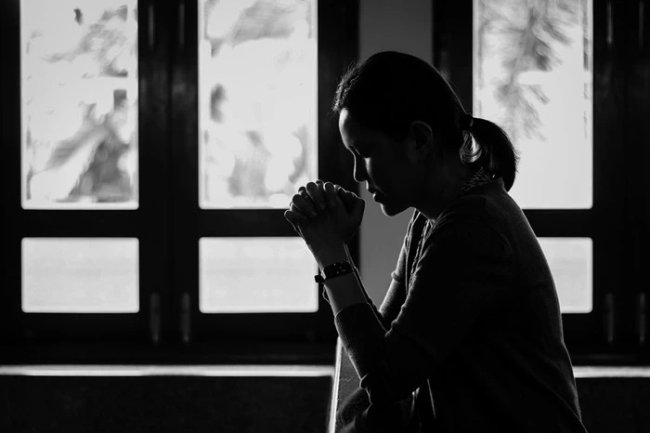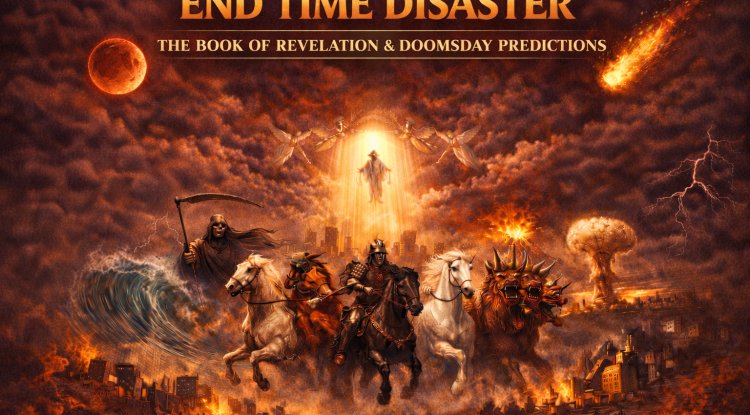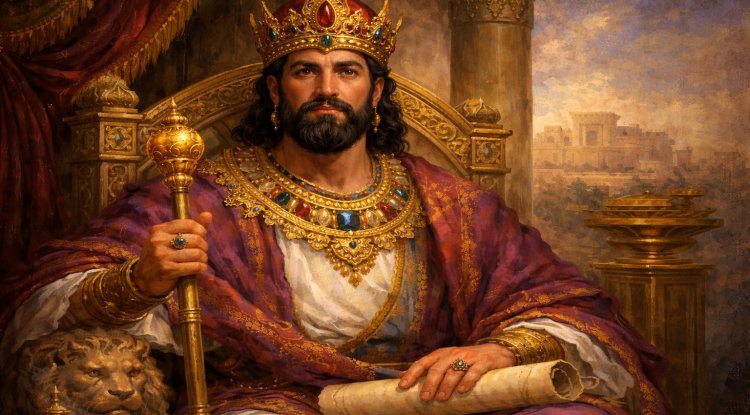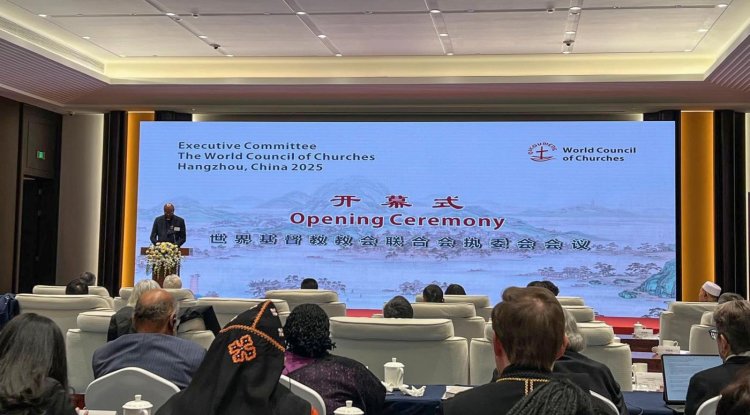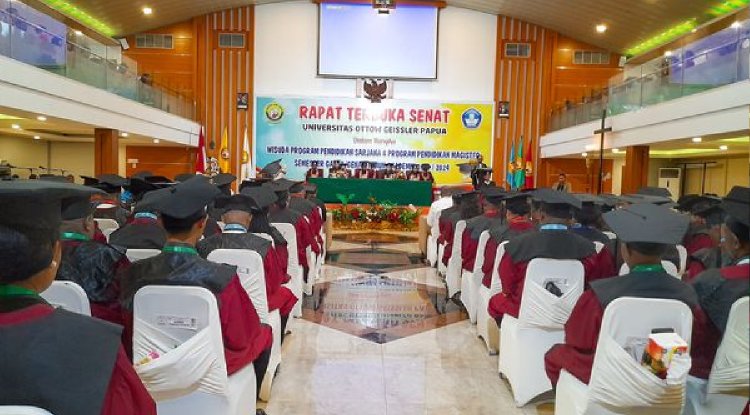Christian leaders call for ethical attention to artificial intelligence.

A number of Christian leaders from diverse backgrounds, including those in the fields of science, technology, and theology, have expressed their ethical concerns regarding the development of artificial intelligence (AI). In an open letter addressed to Science Minister Michelle Donelan, they called for faith and belief communities to take part in national and international discussions around AI. The letter has been signed by several prominent figures, including Graham Budd, Executive Director of the Faraday Institute for Science and Religion; Rev. Prof. Philip McCormack, head of the Centre for Digital Theology at Spurgeon's College, London; and Nathan Mladin, senior researcher at think tank Theos. Their meeting, which was attended by 30 leaders of faith and belief, was supported by the Abu Dhabi Peace Forum and the Pontifical Academy for Vatican Life and organised by Google. This meeting, which took place before the UK AI safety summit last week, was chaired by former Home Secretary Sajid Javid. At the next meeting planned for December, these leaders will launch the new UK-based AI for Faith and Civil Society Commission. The commission aims to harness the potential of AI for human growth while protecting communities from potential harm. In a letter to Science Minister Donelan, they stated that the community of beliefs, along with civil society, has an important role to play in shaping the ethical framework for AI development. They warn about the significant ethical and existential implications of AI, asserting that the greatest risk is if short-term commercial and economic interests trump long-term social and ethical concerns. While they acknowledge that they may not be experts in AI, these leaders still emphasise the importance of listening to a variety of religious and cultural perspectives. They argue that faith and belief, along with those of civil society groups, serve as critical watchdogs that hold AI developers and policymakers accountable. The letter also put forward several recommendations, including a call for accountability and the development of ethical guidelines, as well as efforts to improve AI literacy across civil society and particularly among communities of faith or belief. These Christian leaders hope that these measures can help prevent the widening of the technology gap and ensure that people have the right to make informed choices about the risks of AI.
What's Your Reaction?









